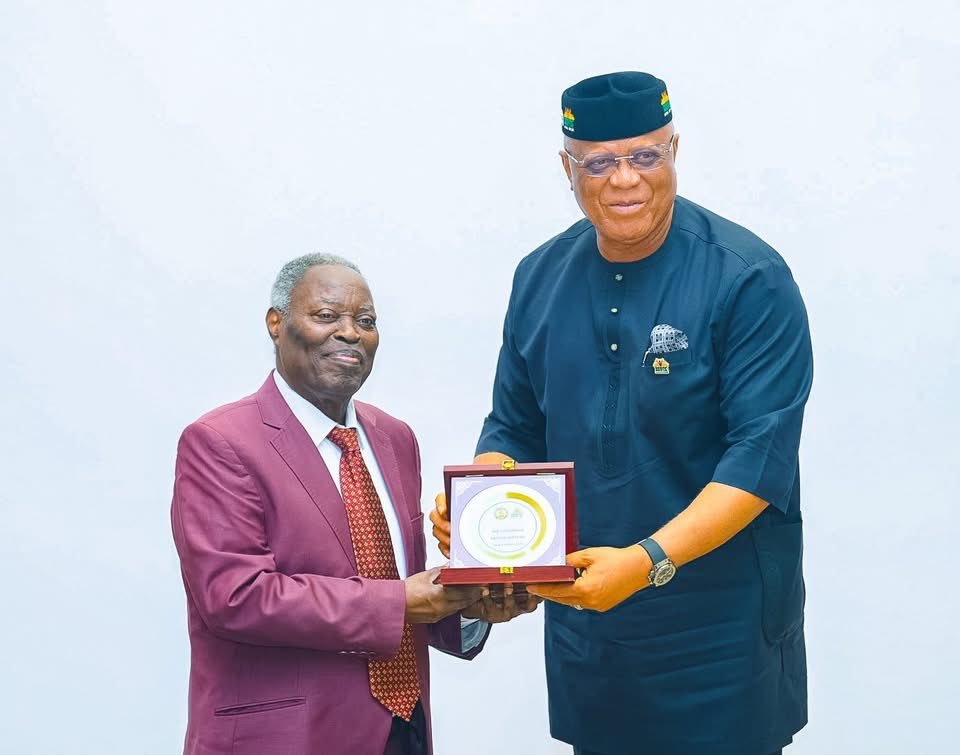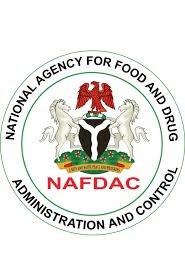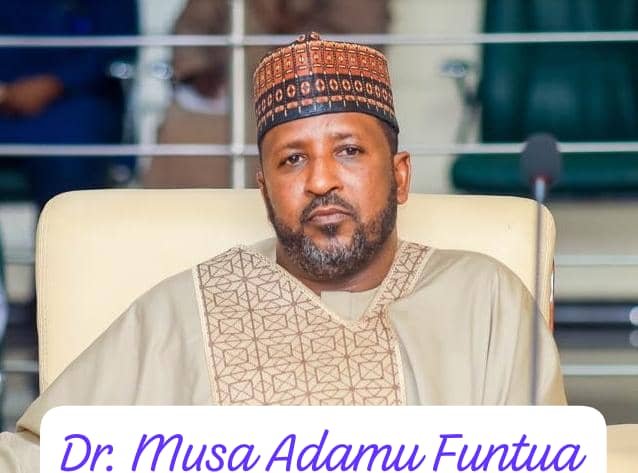EXPERTS COMPARE NIGERIA’S POLITICAL SYSTEMS, ADVOCATE WOMEN’S INCREASED PARTICIPATION

Experts have weighed in on Nigeria’s political framework, offering a comparative analysis between the presidential and parliamentary systems of government.
Their insights suggest that the parliamentary system may offer a more efficient, inclusive, and development-driven path forward for the nation.
Speaking on Political Podium, a special Independence Day edition aired on Radio Nigeria Positive FM, policy analyst Mr. Bolu Olu-Esho and political commentator Prince Sola Aregbesola pointed to deep structural inefficiencies and corruption embedded in Nigeria’s current presidential model.
Mr. Olu-Esho described the presidential system as resource-draining and overly centralized, arguing that it has enabled self-serving leadership and failed to prioritize the welfare of ordinary Nigerians.
He urged state governments to introduce citizen-focused economic policies, including price control measures, to mitigate the rising cost of living.
“The presidential structure has largely benefited the political elite while the masses continue to suffer. It’s time to rethink the system,” Olu-Esho stated.
On his part, Prince Aregbesola emphasized that governance must be people-centric, and that policies should not favour a privileged few.
He noted that the parliamentary system, by design, tends to promote greater accountability, faster legislative action, and better representation.
“We need a system where the government feels closer to the people. The parliamentary structure allows for that, and it’s time we consider its benefits seriously,” he said.
Beyond structural reform, both analysts highlighted the urgent need for increased participation of women in Nigerian politics.
They lamented the low level of female representation across all levels of government and called on women to support and empower one another in the political space.
“A nation cannot thrive when half of its population is politically sidelined,” they jointly asserted.
As Nigeria reflects on its post-independence journey, these expert insights reignite discussions about constitutional reform, inclusive governance, and the future of leadership in Africa’s most populous country.









